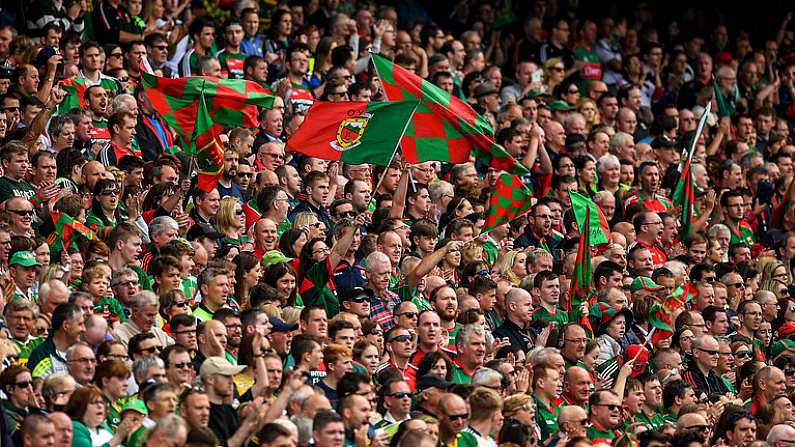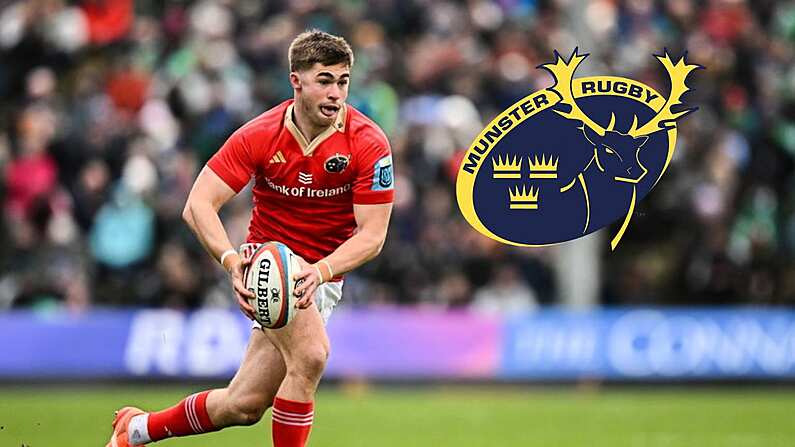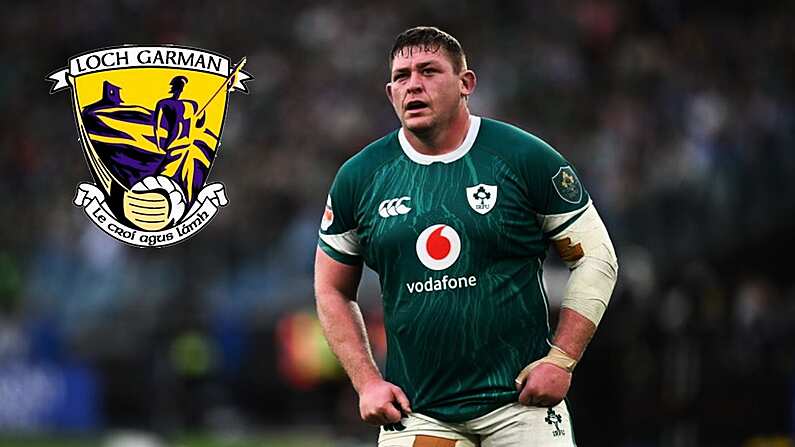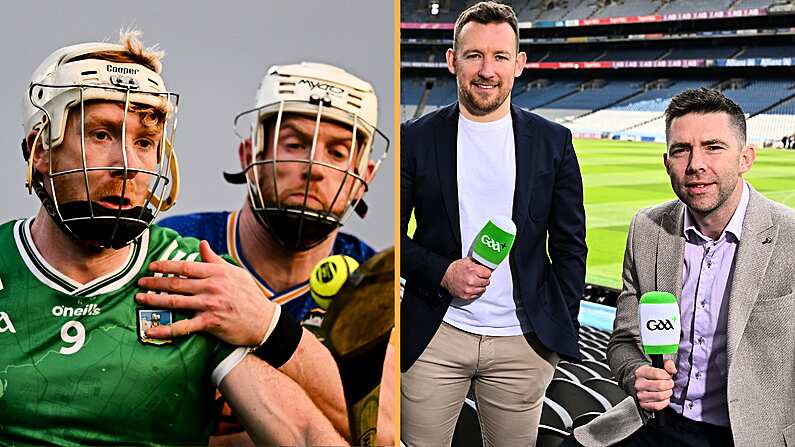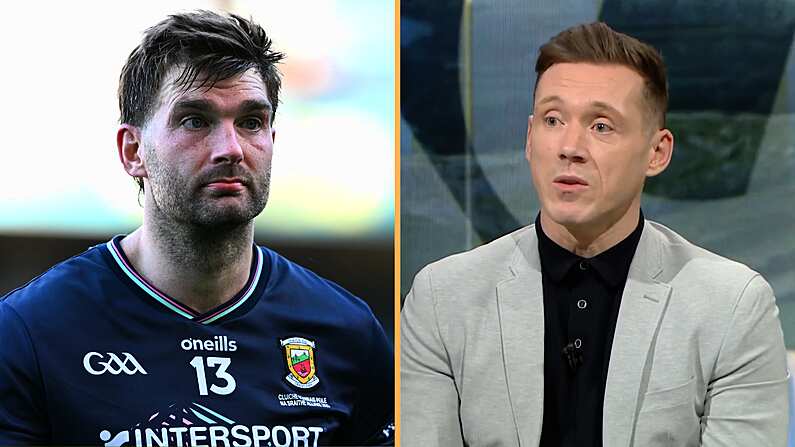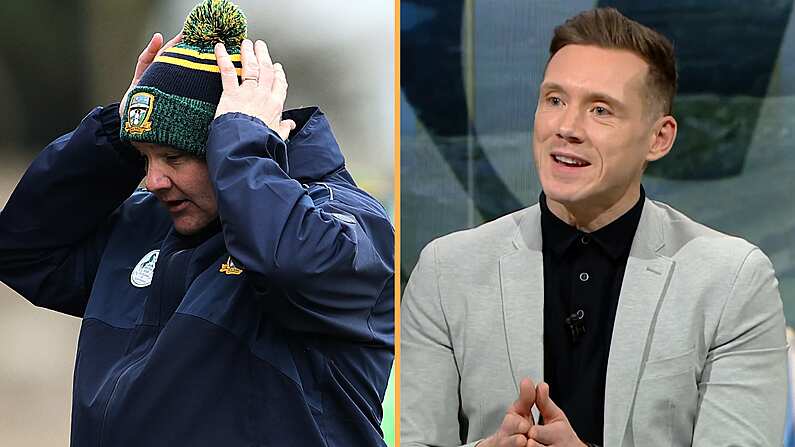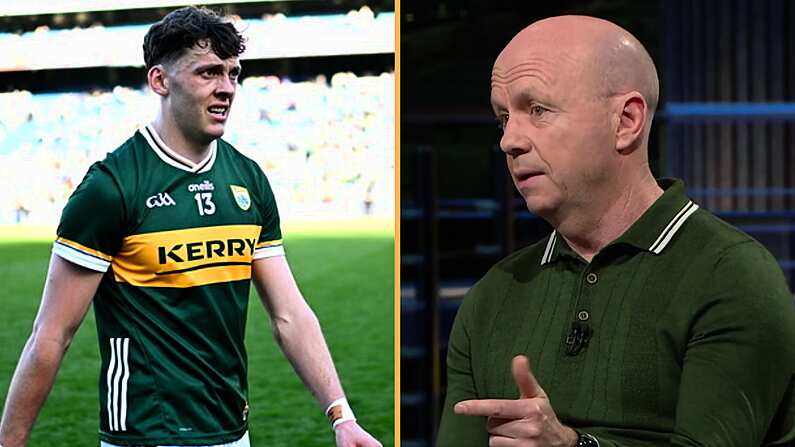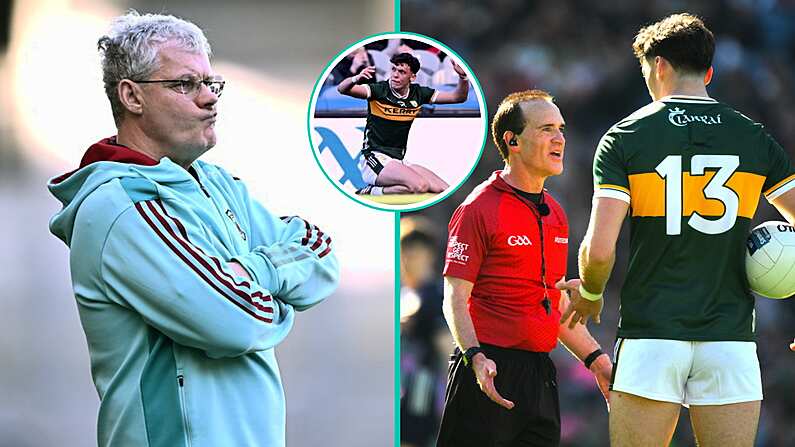The championship has dawned and as we step out blinking into the summer sun, we survey a much-changed landscape. The hurling championship has been fundamentally changed with the introduction of a round-robin format to the provincial championships, while the football championship has been tweaked at the quarter-finals. The season has been compressed, too, with the All-Ireland finals hauled back by a fortnight.
With the compression of the season, there are fewer gaps in the calendar for replays, which has led to a lot of confusion regarding the GAA rules for which games go to replays and which will be decided by extra time and possibly a shoot-out. Read on for a clear breakdown of the GAA's plan for the 2018 season...
GAA Rules about replays in 2018 Championship
This can be broken down into three categories: No Extra Time, Normal Extra Time and Result on the Day. Here follows an explanation of what those terms mean, and what games they apply to.
No Extra Time
In the event of a draw after normal time, no extra time will be played in the following games:
- All-Ireland Senior Finals
- Provincial Senior Championship Finals
Normal Extra Time
In this scenario, if teams are level after normal time, two periods of 10 minutes of extra time will be played. If these games are still level at the end of extra-time, the game goes to a replay.
- Provincial Senior Football Championship (apart from finals)
- All-Ireland Hurling Quarter-Finals
- All-Ireland Hurling Semi-Finals
- All-Ireland Football Semi-Finals
- Replays of any of the games mentioned in the first category.*
*There's an addendum to be added here regarding any replayed provincial finals. If the replay of a provincial final ends in a draw after extra time, two additional periods of five minutes each will be played. If it's still level after that, it goes to a replay.
Result on the Day
This category means exactly what it suggests: no replays are played and a winner is decided on the day. If a game is level at the end of normal time, two ten-minute periods of extra time is played. If it's still level after that, there will be two five-minute periods of extra time played. And if it's still level at the end of that, a free-taking competition takes place until we have a winner. This applies to the following games:
- All-Ireland Football Qualifiers Round 1
- All-Ireland Football Qualifiers Round 2
- All-Ireland Football Qualifiers Round 3
- All-Ireland Football Qualifiers Round 4
- All-Ireland Hurling Preliminary Quarter-Finals
This means that none of the All-Ireland football series and no provincial championship games can be settled by a free-taking competition.
How does a free-taking competition work?
It is broadly similar to a soccer shoot-out, but there are a couple of differences. In hurling, the free-taking takes place from the 65 while in football, the frees are taken from 33 metres. In both sports, frees are taken from a position of the players' choosing on the 65m line (hurling) and from approximately the centre of the line marking the semi-circle in football.
(This has been tweaked from the 45, as had been the case during the pre-season competitions). The referee decides the end into which the frees are taken, and a toss of a coin decides which teams go first.
Each side nominates five takers, with the winner the side who have the best record out of the first five takers. If it still a draw after 5, it goes to sudden death but the five players who have already taken frees will go again in the same order.

